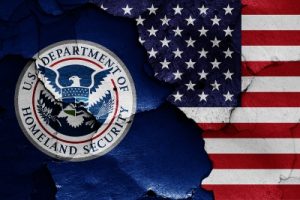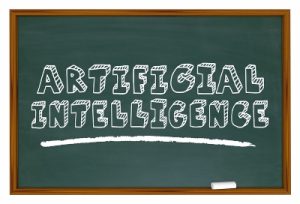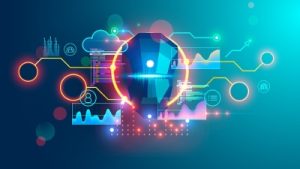
The mission of the Department of Homeland Security (DHS) is to "secure the nation from the many threats we face." An underlooked key to this statement is the word "many." Agencies under the Department are responsible for managing our borders, protecting the nation from cyber and physical threats, and supporting recovery from natural disasters and cyber attacks. To meet this mission, DHS has been embracing innovative approaches and emerging technology to supplement the efforts of the workforce charged with meeting these varied threats.
The DHS Innovation, Research & Development Strategic Plan laid out eight scientific areas as focal points for research to support national security:
- Advanced sensing
- AI and autonomous systems
- Biotechnology
- Climate change
- Communications and networking
- Cybersecurity
- Data integration, analytics, modeling, and simulation
- Digital identity and trust
As part of its work in each of these areas, DHS will be researching how emerging technology can support mission efforts as well as the risks technology poses to national security. In this blog, we'll take a look at the activity in a couple of these areas. Continue reading








